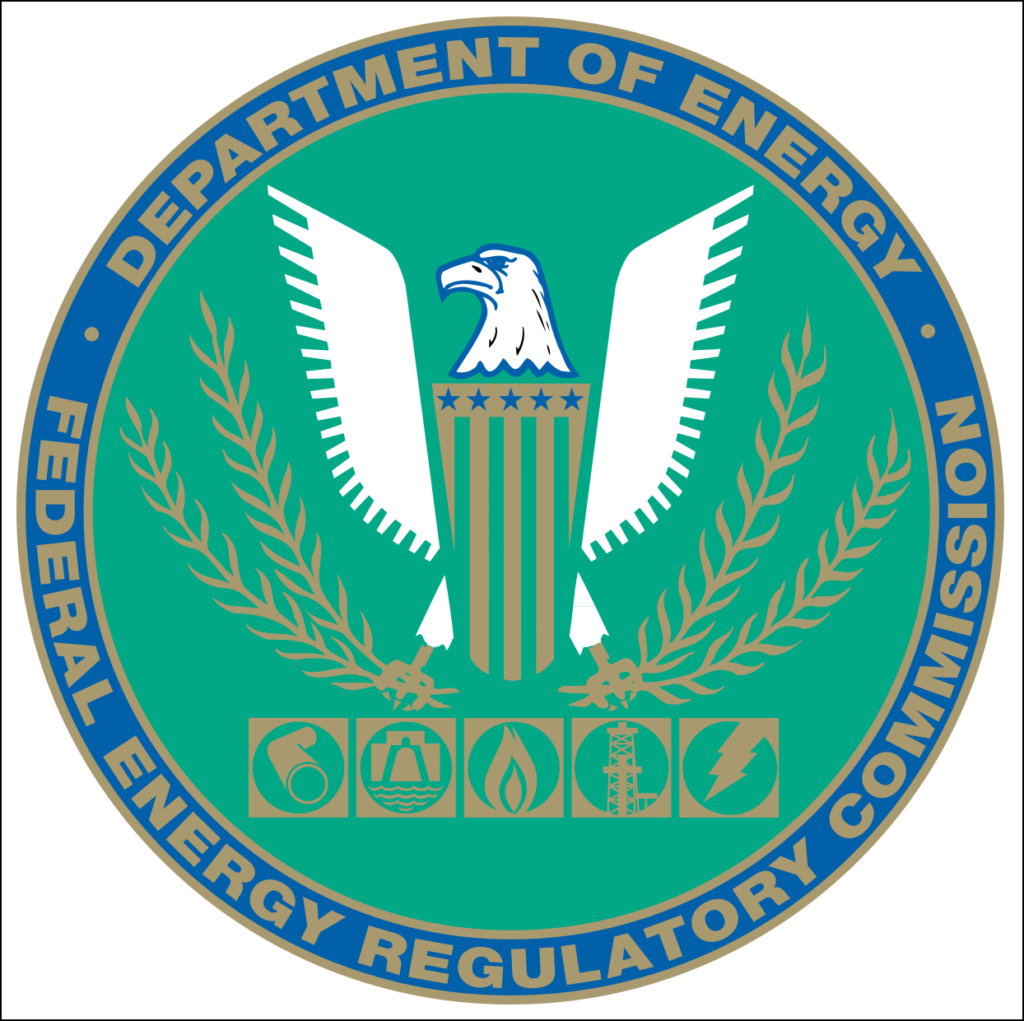Regulatory | Infrastructure | NGI All News Access | NGI The Weekly Gas Market Report
FERC’s Use of Tolling Orders to Delay Pipeline Challenges Overruled by DC Court
FERC’s practice of issuing tolling orders to extend its rehearing process for pipeline projects is not consistent with federal statute, the U.S. Court of Appeals for the District of Columbia Circuit has ruled.

The ruling could prove a major boon for pipeline opponents by allowing them to more quickly seek judicial review of Federal Energy Regulatory Commission certificate decisions.
The Commission has routinely issued tolling orders in response to rehearing requests challenging pipeline projects. The tolling orders technically grant rehearing requests, but only for the purpose of continued deliberation, effectively allowing FERC to delay judicial review of a decision by extending the deadline for Commission action beyond the statutory 30 days.
After taking up the issue of tolling orders as part of an en banc rehearing of a challenge to the Atlantic Sunrise Project, the DC Circuit judges ruled that if FERC does not issue a final decision on a rehearing request within 30 days, the petitioners may consider their request denied and seek relief through the courts.
“We hold that, under the plain statutory language and context, such tolling orders are not the kind of action on a rehearing application that can fend off a deemed denial and the opportunity for judicial review,” Circuit Judge Patricia Millett wrote.
As for the Atlantic Sunrise Project specifically, Tuesday’s ruling upheld FERC’s certificate order approving the 1.7 Bcf/d expansion of the Transcontinental Gas Pipe Line (aka Transco), finding that “the Commission did not rely on precedent agreements alone to find that the pipeline would be a matter of public convenience and necessity.”
When the DC Circuit elected late last year to rehear the Atlantic Sunrise case, Millett described FERC’s practice of issuing tolling orders as “Kafkaesque,” a sentiment that carried through in Tuesday’s opinion.
“In this case, the Commission used tolling orders to give itself roughly 10 times as long as the statute allots for it to act,” Millett wrote. “On top of that, the Commission and private certificate holders use its tolling orders to split the atom of finality. They are not final enough for aggrieved parties to seek relief in court, but they are final enough for private pipeline companies to go to court and take private property by eminent domain.
“And they are final enough for the Commission to green light construction and even operation of the pipelines. Tolling orders, in other words, render Commission decisions akin to Schrödinger’s cat: both final and not final at the same time.”
In a note to clients following Tuesday’s ruling, analysts at ClearView Energy Partners LLC noted that the decision still allows FERC to take longer than 30 days to act on a rehearing request.
Based on the court’s decision, “parties aggrieved by a FERC order may seek judicial review — and importantly for landowners, injunctive relief that could prevent construction on their property pending the outcome of their appeal — as soon as FERC issues a tolling order,” the ClearView analysts said. “The Commission has now lost the ability to seek dismissal on the basis that the challenge is ‘incurably premature’ because FERC has not acted in a substantive manner.”Earlier this year, Commissioner Richard Glick called for Congress to review FERC’s practice of issuing tolling orders. Amid the pressure from critics, FERC issued an “instant final rule” in early June designed to ensure construction of approved natural gas projects could not proceed until the Commission acts on any rehearing requests.
© 2024 Natural Gas Intelligence. All rights reserved.
ISSN © 1532-1231 | ISSN © 2577-9877 | ISSN © 1532-1266 |


